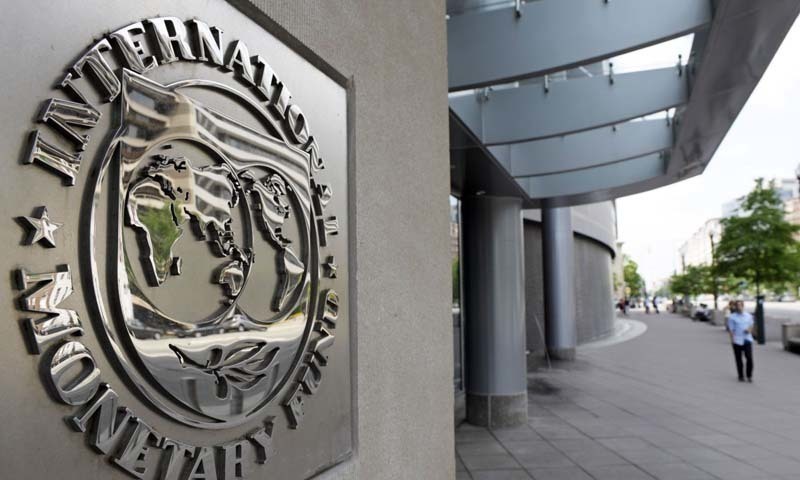The United Arab Emirates (UAE), a longstanding ally of Pakistan, has once again extended support to the financially struggling nation.
This assistance was confirmed during a meeting between the International Monetary Fund (IMF) mission chief and the UAE ambassador in Pakistan, held on the sidelines of the ongoing policy-level talks between the IMF and Islamabad concerning the first review of a $3 billion standby arrangement (SBA).

The discussions primarily focused on addressing Pakistan’s external financing gap of $6.5 billion. The UAE envoy assured IMF officials during the meeting that his country would actively contribute to Pakistan’s economic stability. Simultaneously, the caretaker government informed the IMF that it would not impose any new taxes and pledged to approach friendly nations such as Saudi Arabia and the UAE, along with seeking assistance from institutions like the Islamic Development Bank, Asian Development Bank, and the World Bank.
As part of the ongoing policy-level talks, the IMF agreed to maintain the annual tax target at Rs9.415 trillion. The caretaker government is expected to explore avenues for reducing the current account deficit and minimizing the external financing gap. In addressing the concerns raised by the IMF, the government is likely to increase gas tariffs based on regulatory calculations and adjust electricity tariffs in line with fuel prices.
Despite the proposed unchanged tax collection target, the IMF has requested a contingency plan (Plan B) in case of a revenue shortfall in the current fiscal year.
Additionally, the caretaker Prime Minister, Anwaar-ul-Haq Kakar, approved five major steps to overhaul the taxation system and broaden the tax base, aiming to bring 1.5 million new taxpayers into the system. The policy-level talks are set to conclude soon, with a focus on securing a staff-level agreement under the $3 billion SBA to address Pakistan’s economic challenges.


